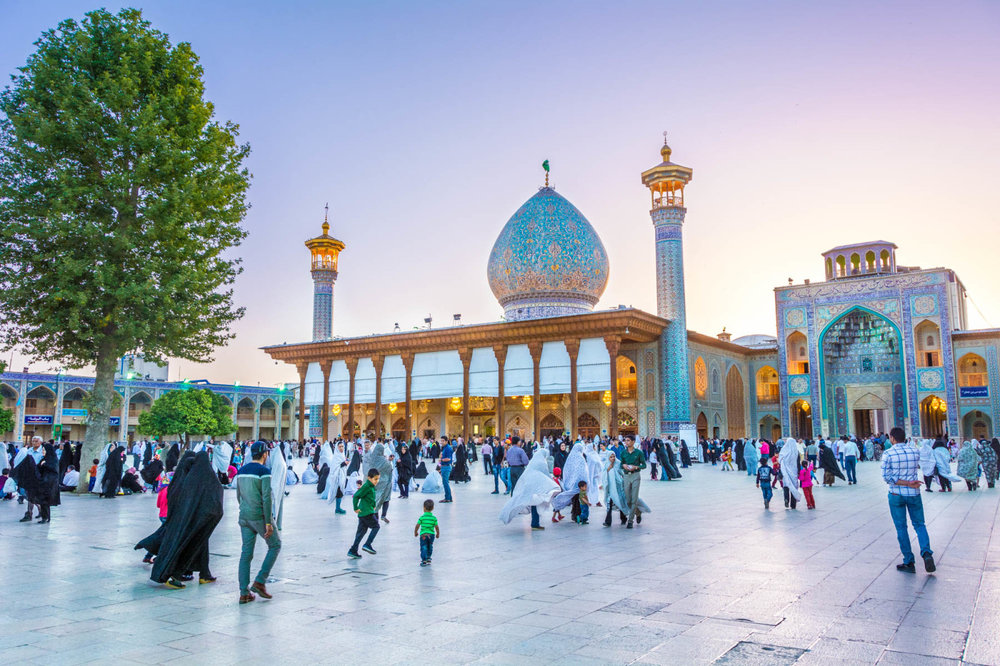
Ramadan tips for foreign travelers

The ninth month of the Islamic lunar calendar, Ramadan, commenced on May 17 in
Iran this year.
Ramadan is amazingly a significant and sacred time for Muslims and brings a lot
of joy to them.
On the bright side, it gives a chance to international visitors to perceive a
different side of life in Muslim-majority countries. For such inbound passengers
it would be beneficial to gain some basic knowledge about this special
tradition.
Let's delve into some insights about traveling during Ramadan:
Try to be considerate
During Ramadan, one might find streets and bazaars slightly quieter and of
course with no refreshments normally available on the streets.
Avoid eating in front of Muslims during the month, just eat somewhere quiet, or
at least in obvious tourist areas.
Eating, drinking and smoking in public are strictly prohibited as they are
considered acts of temptation; especially for locals, where failing to observe
Ramadan may attract penalties.
However, there are exceptions for the ill, pregnant or physically weak people
and even long-distance travelers!
Where to grab meals
Finding public restaurants open is often difficult because Ramadan affects
businesses during daylight hours when locals fast. It also includes public
restaurants and fast food chains, however, there are some exceptions including
country-road stops and hotel restaurants.
Moreover, one can buy fruits, snacks, drinks or whatsoever throughout the day
from grocery stores and shops.
Iftar, a time for fellowship
After a long day’s observance of fasting from dawn, Muslim families gather at
sunset to break their fast over a meal known as Iftar.
The meal generally starts with the eating of dates according to the tradition of
Prophet Mohammad (PBUH). In Iran, sometimes the fast is broken with a cup of tea
or plain lukewarm water. The Iftar is more than just food at the end of a
ritualistic day.
It is also a time for fellowship with families, friends and the Muslim community
in general. Perhaps this is one of the reasons as to why the Iftar has grown
into banquet festivals and large communal gatherings at mosques, banquet halls
and in large open spaces. Sometimes dinner is skipped or the Iftar and dinner
are combined into one full meal.
Most common Iftar data-x-items in Iran include tea, Naan (bread), cheese along with
Sabzi Khordan (fresh greens and herbs), dates, fruits and Halva.
During Ramadan, confectionary shops are crowded with customers who love to the
devour the popular Persian sweet of this month, Zoolbia and Bamiyeh, a pastry
made of deep fried dough soaked in sugar syrup or honey and cinnamon, and
sometimes sprinkled with sesame and spices. Thick soups like Aash and Halim are
also popular dishes of the month.
Eating from sunset to sunrise
During Ramadan, you can eat your heart out from sunset to sunrise. Pretty much
every restaurant, food stand and even households have food ready after dark.
Ramadan comes to an end by Eid al-Fitr, a joyful holiday when Muslims celebrate
29 or 30 days of dawn-to-sunset fasting.
Source:TehranTimes















